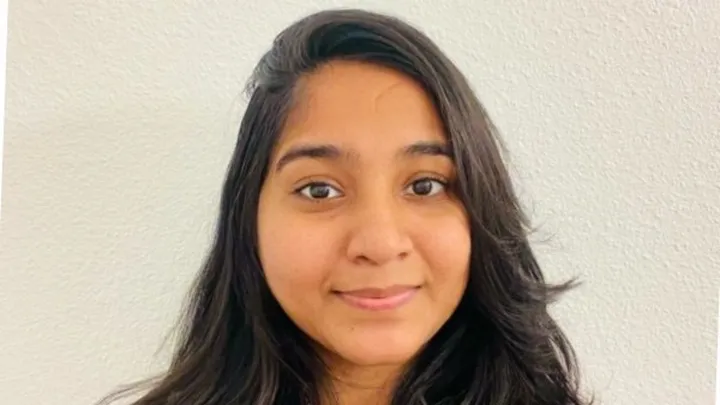By Quan Do, news correspondent
Throughout the 20th century the Israeli-Palestinian conflict has always been a hot issue that attracts a great amount of controversy, both on a political and ethical levels. Discussing the Israeli-Palestinian conflict can be a challenging feat, but teaching it is even harder.
Dov Waxman, a political science professor in his first year at Northeastern University, talks about the methods that he uses in dealing with the challenges he encounters in his teaching of the Israeli-Palestinian conflict.
With nearly 12 years of teaching experience on the Israeli-Palestinian conflict at the City University of New York, Waxman understands the volatile nature of discourse involving the issue among students.
“[Class discussion] often escalates to bitter argument,” Waxman says.
In his first lecture on the conflict at Northeastern, before tackling any course material, Waxman set some ground rules: Waxman encourages students to speak their mind, but he also ensures that students treat each other with respect.
“Civility and respect,” those are the virtues that Waxman celebrates in class discussions. In doing so, Waxman hopes to create a safe and engaging classroom environment where students are comfortable to share their views.
Secondly, Waxman makes sure that students are aware of the tendencies and the problems that people often face when discussing the Israeli-Palestinian conflict. Only then would students be able to overcome those obstacles to a scholarly discussion, he says.
The conversations — either on Facebook, among friends, or on TV — tend to be one-sided. It is either pro-Israeli or pro-Palestinian. Waxman suggests that his students be balanced, that they try to “understand multiple perspectives.”
People tend to get emotional on the issue, which gets in the way of their arguments.
“Be dispassionate and approach with a cool, calm head,” Waxman says.
Last, but not least, people often want to see things in black and white, but that often is not the case with the Israeli-Palestinian conflict. Waxman advises his students to recognize and understand the complexity.
Finding a neutral language and overcoming personal biases are also challenges that need to be addressed. Waxman acknowledges that it’s impossible to be purely objective, but it’s what we all have to aspire to be.
“It’s very impressive that he talks to us about such a controversial topic in such a balanced manner,” a student in Waxman’s class said.
Waxman’s colleagues at Northeastern also admire his work.
“Superb,” Prof. Max Abrahms said when asked about his opinion on Waxman’s work.
“Teaching the Israeli-Palestinian conflict, Waxman has some high goals in mind. He hopes that his students will understand it better, care about it on a personal level and eventually share their knowledge with others.”
Waxman wants to provide his students with a broader tool to understand other conflicts and hopefully to resolve all conflicts. Ultimately, Waxman desires peace. Of course, Waxman’s goals depend heavily on the work of his students.
“I’m not here to tell you what to think. You came to your own conclusion. Just keep an open mind,” Waxman says to his students on day one.
Photo courtesy gnuckx, Creative Commons









